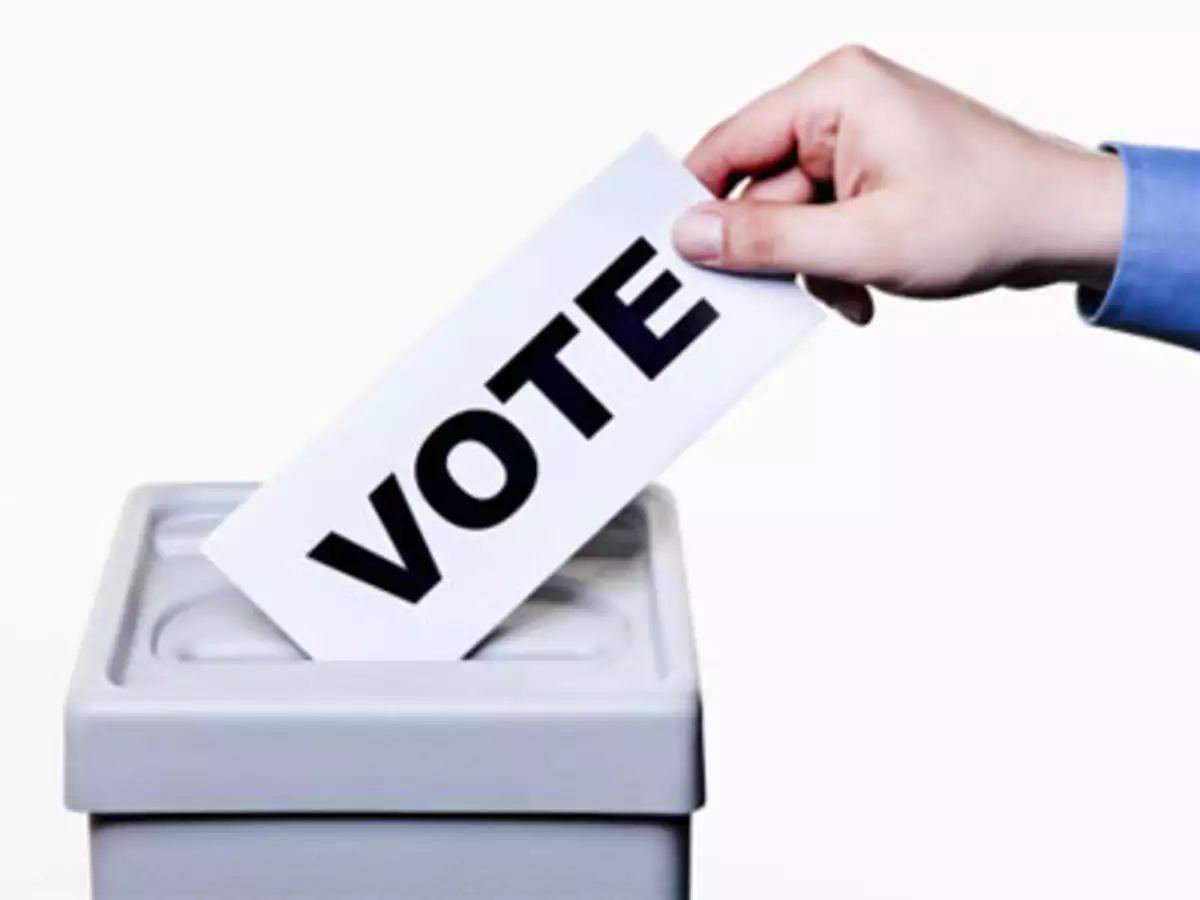Voter Identification Laws in North Carolina
- Photo Identification Required:
- Beginning with the 2023 local elections, North Carolina voters are required to show a photo ID to cast a ballot.
- This requirement is part of the state’s voter identification law, which aims to ensure the integrity of the electoral process.
- Acceptable IDs:
- Valid IDs: Voters can use a valid North Carolina driver’s license or a non-driver’s ID from the NC DMV.
- Expired IDs: The ID must not be expired or expired for one year or less.
- Exemptions:
- Voters Without ID: Voters who do not have a photo ID can still vote by signing an affidavit stating that they have a reasonable impediment to obtaining a photo ID.
- Temporary Absentee Ballots: Temporary absentee ballots are not required to have a photo ID.
- Implementation:
- The voter ID mandate is taking effect in local elections that wrap up next week.
- Voters will be asked to show a photo ID when voting in North Carolina, starting with the 2023 municipal elections.
In summary, North Carolina’s voter identification law requires voters to present a photo ID when casting a ballot, with exemptions for those who do not have a photo ID or are voting through temporary absentee ballots. The law is being implemented in local elections, starting with the 2023 municipal elections.
- The implementation of North Carolina’s voter ID law, requiring a photo ID to cast a regular vote, has been observed in recent local elections.
- The requirement for photo identification to vote in person includes presenting a United States passport or a North Carolina voter photo identification card issued to the registered voter.
- The state’s photo ID law has been under scrutiny, with ongoing analysis of its impact on voter turnout and participation in elections.
- Early voting for significant elections under the photo ID law has been underway, providing an opportunity to assess the practical implications and effects on voter engagement.
The specific impact of North Carolina’s photo ID requirement on voter turnout is an evolving topic that requires further analysis and data to determine its full effects on electoral participation in the state.
- Reasonable Approach:
- A recent media report suggests that voters and elections officials in North Carolina are taking a reasonable approach to the new state ID law, indicating a level-headed response to the photo ID requirement.
- Impact Assessment:
- Following long legal battles, North Carolina implemented a photo ID requirement for casting regular votes in recent primary and general local elections. The impact of this requirement is being assessed to understand its implications on voter participation and engagement.
- Implementation Details:
- The requirement for photo identification to vote in person includes presenting a United States passport or a North Carolina voter photo identification card issued to the registered voter, as outlined in state legislation.
- Ongoing Analysis:
- Early voting for significant elections under the photo ID law has provided an opportunity for a microscopic look at the impact of the law on voter behavior and turnout in North Carolina, indicating ongoing scrutiny and evaluation of its effects.
The responses from North Carolina voters to the photo ID requirement reflect a mix of reasonable acceptance and ongoing assessment of its impact on electoral processes and voter engagement in the state.





